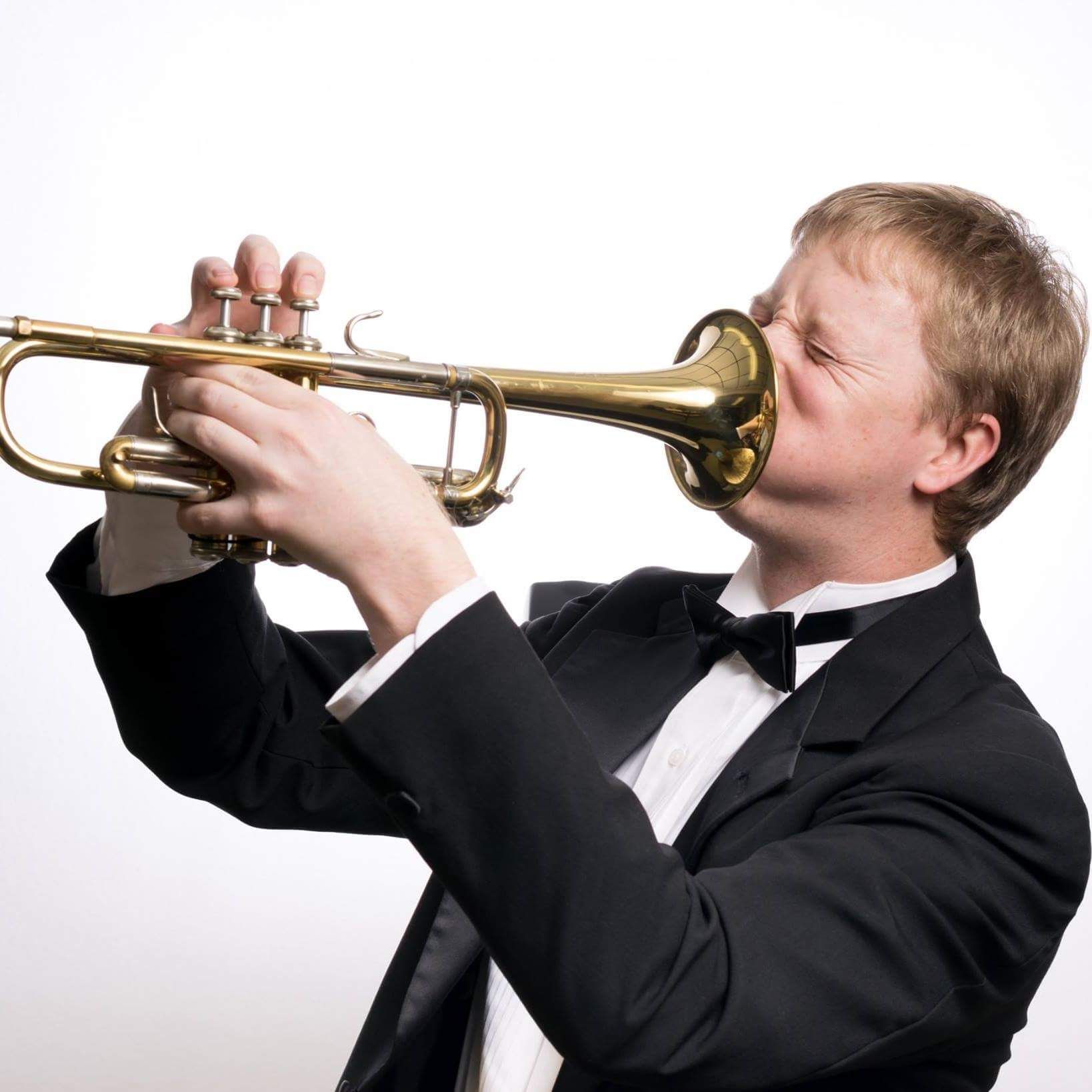Will you try to better Gunhild Carling by playing them all at once?
Posts made by J. Jericho
-
RE: Four on the Floor (Bachs, that is…)posted in Bb & C Trumpets
-
RE: Bach 7C CORP mouthpiece with no dotposted in Mouthpieces & Accessories
@Dale-Proctor My guess is that it's an early Elkhart mouthpiece, which is identical to the preceding Mt. Vernon version. I wonder why it was so noticeably changed after that.
-
RE: Top Ten Best Pieces Of Music Written For Trumpetposted in Classical / Orchestral
I would substitute Vincent Bach's Hungarian Melodies for one of the above (I have one in particular in mind).
Here's a very nice performance:
In case you want to play along, try this:
-
Slotting: Tight v. Wideposted in Bb & C Trumpets
For example, a player likes a trumpet that slots tightly, meaning that the horn is designed to respond to input by resonating with the desired pitch with little possible deviation. Ideally, this would make such a trumpet easy to play in tune, thus making it easy to play overall, but due to the inherent flaws in trumpet design, the pitches of some notes would be out of tune unless compensated for by the player, with some effort. Might not this tendency make the instrument harder to play, since the horn allows little variation in pitch?
In contrast, another player likes a trumpet that has wider slots, meaning that more attention must be focused on correct pitch, since the horn does not assist in getting to the expected intonation, but acquiring the desired pitch is actually easier to accomplish, due to its designed flexibility. Wouldn't this trumpet be easier to play overall, because of not having to force a note to be at proper pitch? Hearing the proper pitch is the required skill here, but aren't we supposed to be doing this anyway? Plus, with this setup, bending notes at will would enhance one's ability to play Jazz.
Thoughts/comments/corrections?
-
RE: Back to Arbans and Othersposted in Miscellaneous
@adc It's been quite a while since we've heard from you. Welcome back!
Playing in all keys becomes less of a challenge with repetition. Perhaps you could reserve 5 minutes of your practice time for addressing something that seems daunting, and use the rest of your time for what you're comfortable with. Eventually you'll absorb what once was difficult, and you'll move on to the next challenge. At the risk of sounding corny, I'd say don't bite off more than you can chew, but keep nibbling at something new.
-
RE: WWII plastic bugleposted in Historical & Collector's Items
How does it play? Do you think that a good car wax or perhaps ceramic coating would seal the smell?
-
RE: Taps Across Americaposted in Events
@Dale-Proctor I'm glad the cancer was removed and hope that the procedure took care of the problem. I wish you a speedy and complete recovery!
-
RE: Taps Across Americaposted in Events
Here's this year's version: https://www.tapsacrossamerica.org/
-
RE: How about a "Random Meaningless Image...let's see them string"?posted in Lounge
@Dale-Proctor said in How about a "Random Meaningless Image...let's see them string"?:
@SSmith1226 said in How about a "Random Meaningless Image...let's see them string"?:
@Dale-Proctor
That looks so realistic, it could be a Big Dub painting! Where is that, Scotland or England?It’s actually the Biltmore in North Carolina.
That was my first guess. Emphasis on guess.
-
RE: 1970s Bach Mercedes trumpetposted in Bb & C Trumpets
Looks nice. Good luck with it. Some suitable replacement leadpipes are affordable, so if you need to go that route, you won't break the bank.
-
RE: Trumpet Based “News” Articleposted in Lounge
@Trumpetb I am living proof that a trumpet player can both suck and blow when they blow. Hope this helps.
-
RE: Trumpet Based “News” Articleposted in Lounge
Well, featuring the reversed image of trombone player Stefan Schulz, however accomplished he is, doesn't fit the subject of this article, although substituting a video of Terry Clark in place of something featuring Clark Terry lends a certain continuity to the veracity of the author. Besides, if SSmith1226 isn't on the list, something's not right!
-
RE: Matt silver American Standard High Grade Clevelandposted in Historical & Collector's Items
IMO this is not a peashooter. One characteristic of most peashooters is that the lower tuning slide enters the valve block on the same side as the bell. Another feature is a tight bell crook wrap. A smaller bell diameter is not uncommon. Also, the valve body is usually short, with bottom sprung valves. Peashooters are known for their bright sound, as well. A quick internet search reveals these examples:
This American Standard has the tight wrap, but with a customary tuning slide entry:

trumpet-history.comHere is a Bohland & Fuchs with the opposite tuning slide entry and all the valve slides on the same side of the valve block:

trumpet-history.com -
RE: Regent Cornetposted in Flugelhorns & Cornets
I'm not familiar with that model, but I did find this, FWIW: https://contemporacorner.com/cornets/regent-cornets/

